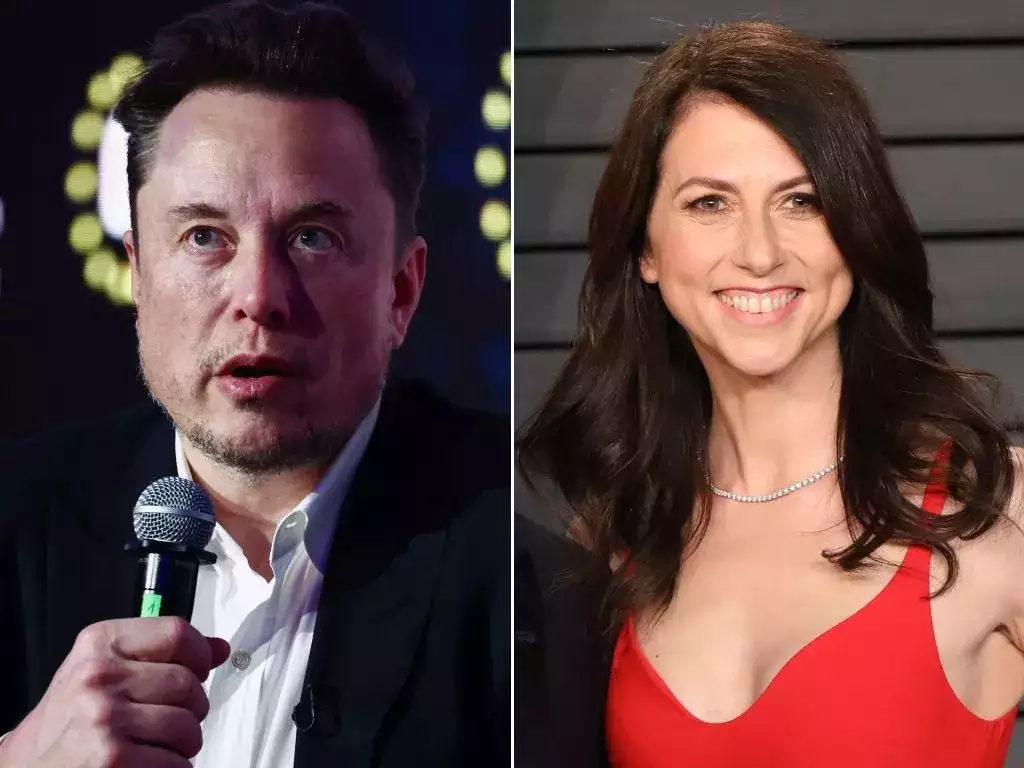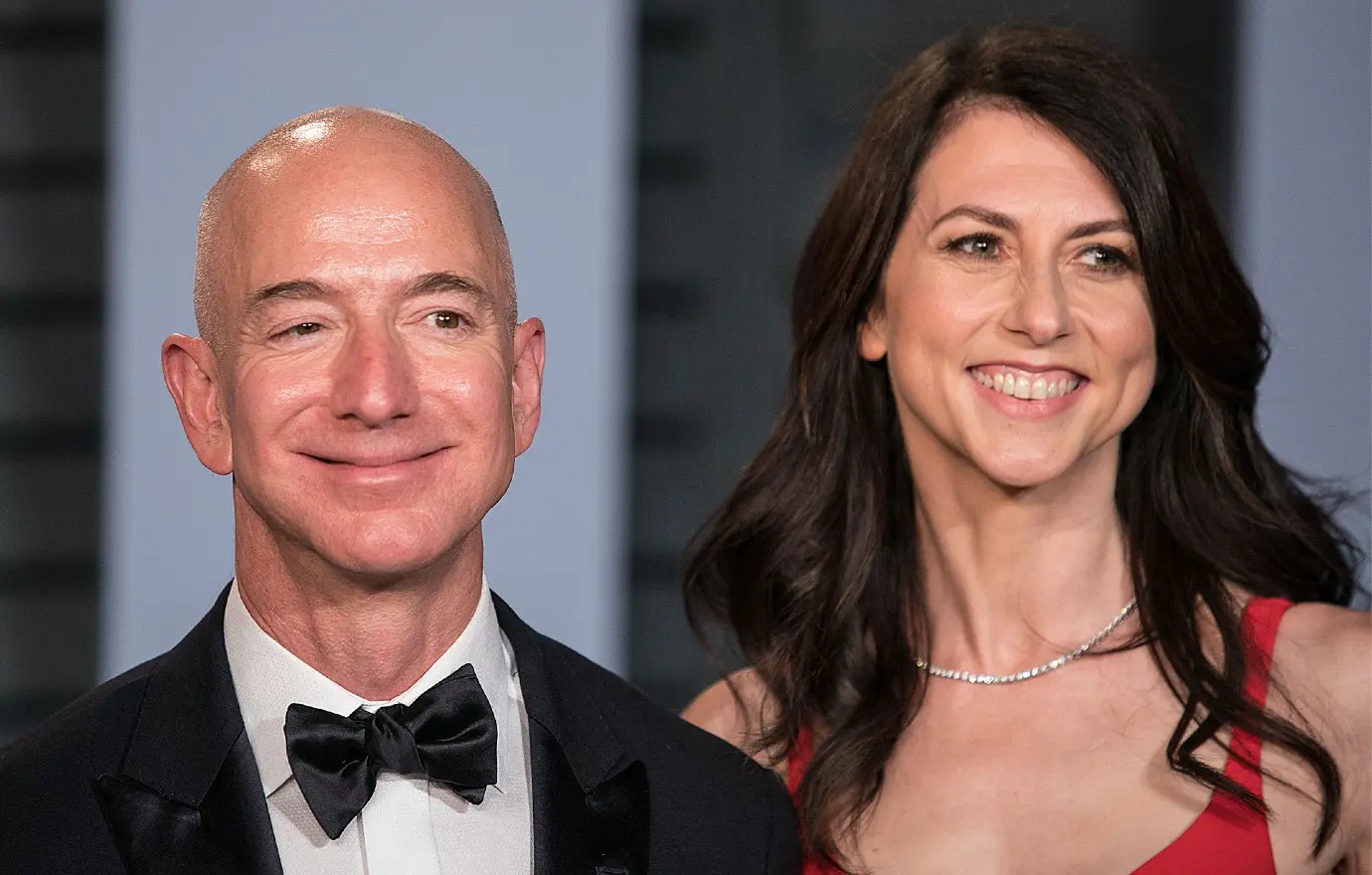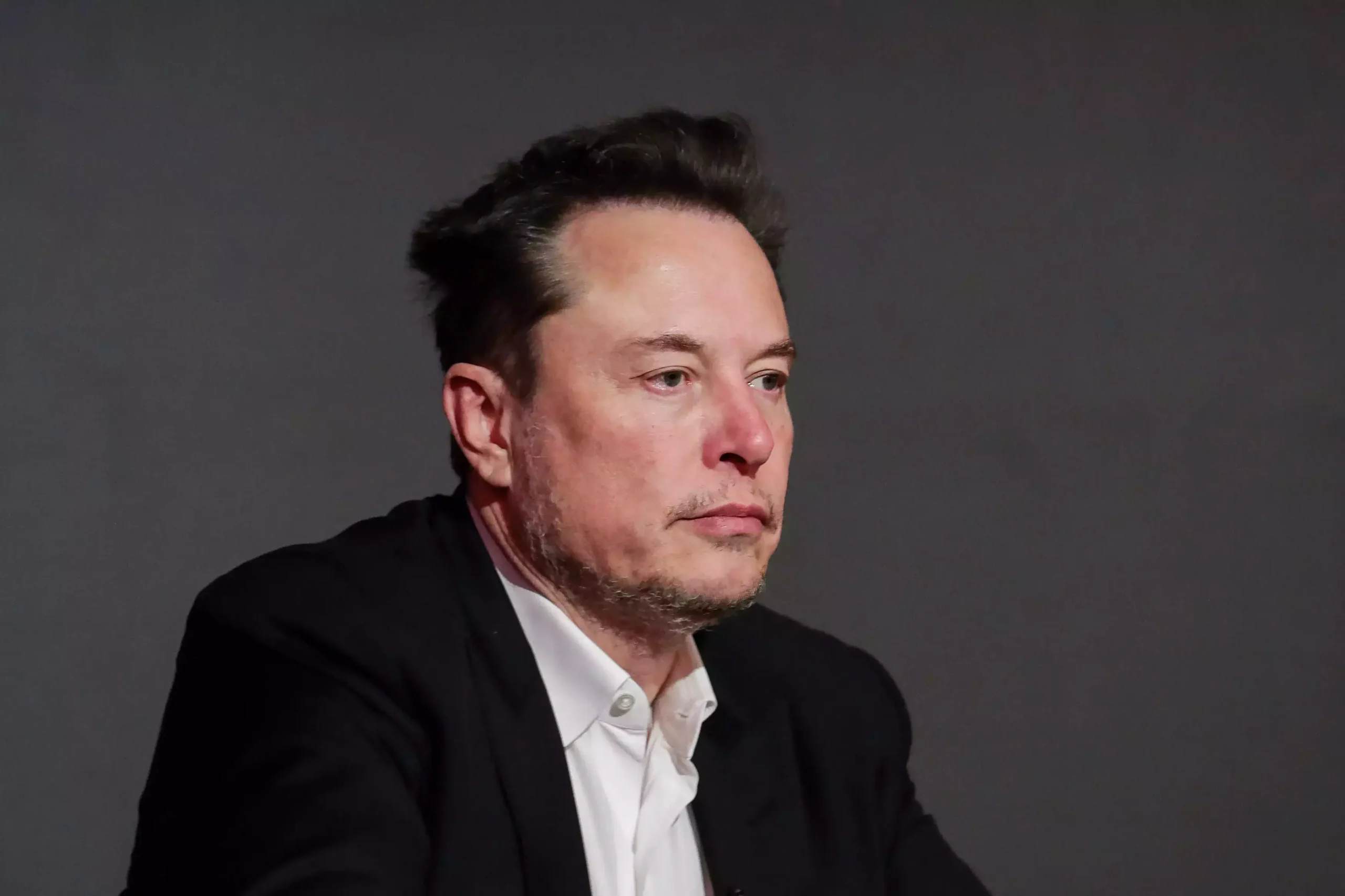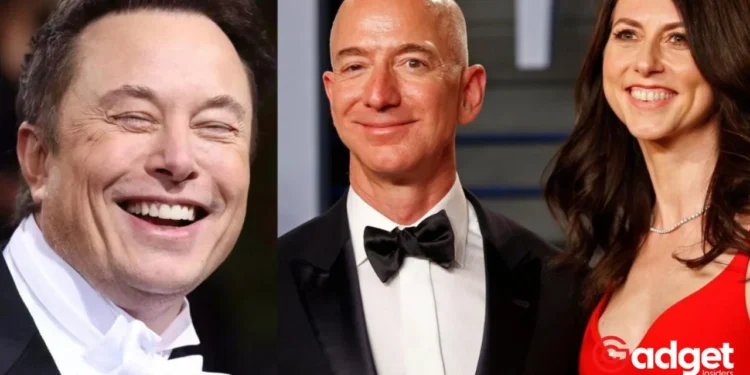In a world where philanthropy and social justice movements are often seen as beacons of hope and progress, the recent outburst from Elon Musk against MacKenzie Scott’s charitable efforts has ignited a fiery debate on the role of wealth in societal change. Elon Musk, a figure synonymous with innovation and disruption, has taken a stance that challenges the conventional narrative surrounding philanthropy, especially when it comes from high-profile individuals like Scott, who has become a symbol of generosity and support for marginalized communities since her split from Amazon founder Jeff Bezos in 2019.
Elon Musk vs. MacKenzie Scott: The Spark of Controversy
Superrich ex-wives who hate their former spouses should be listed among the reasons that Western Civilization died.

Do not merely question Scott’s motives but challenge the very fabric of philanthropic giving in the context of societal progress. Elon Musk’s criticism stems from Scott’s significant donations to organizations focusing on race and gender issues, which he seems to believe represent a misguided approach to addressing societal challenges.
A Tale of Two Philanthropies
MacKenzie Scott’s approach to philanthropy has been nothing short of revolutionary. Since her divorce from Jeff Bezos, Scott has pledged and donated billions to a wide range of causes, emphasizing no-strings-attached contributions that empower organizations to allocate funds as they see fit.
In 2022 alone, Scott donated nearly $2 billion to 343 organizations, championing the voices and opportunities of individuals from underserved communities. This approach starkly contrasts with the philanthropic strategies of other billionaires, including her ex-husband, Jeff Bezos, who prefers a more calculated, levered approach to giving.

Elon Musk’s Broader Critique and Philanthropic Endeavors
Elon Musk’s critique of Scott’s philanthropy is not isolated. He has been a vocal critic of the Democratic Party and diversity, equity, and inclusion (DEI) efforts, labeling DEI as
“another word for racism.”
Even though they are large, Musk’s charitable contributions are concentrated in fields such as artificial intelligence, space exploration, and renewable energy. These contributions are made through the Musk Foundation, which he and his brother Kimbal share management of.
Musk’s devotion to charity was demonstrated by the foundation’s donation of 160 million dollars to a variety of causes in 2021. However, in comparison to Scott, Musk’s approach to philanthropy was distinct in both its focus and its methods.
Elon Musk is lashing out at MacKenzie Scott, Jeff Bezos' ex, for donating billions to charities for women and minorities.https://t.co/oxMg4zfYQn
— James Hughes (@JamesHu29812484) March 7, 2024
The Underlying Tensions and The Way Forward
The clash between Elon Musk and MacKenzie Scott’s philanthropic philosophies sheds light on broader societal debates about the role of wealth in addressing social issues. While Musk questions the efficacy and motives behind Scott’s donations to race and gender-focused organizations, Scott’s actions reflect a growing trend among philanthropists to support systemic change in more direct and unrestricted ways.
This debate is emblematic of the diverse strategies employed by individuals with immense wealth and influence as they navigate their roles in a rapidly changing world.

As society grapples with complex social challenges, the dialogue between different philanthropic approaches is crucial. It raises important questions about the responsibilities of the ultra-wealthy, the most effective ways to drive societal progress, and the underlying values that shape our collective approach to philanthropy.
Whether through unrestricted giving to marginalized communities or targeted investments in technology and innovation, the end goal remains the same: a more equitable, just, and sustainable world.
The journey towards this goal, as the discourse between Musk and Scott illustrates, is paved with diverse philosophies and strategies, each contributing to the mosaic of human progress.










